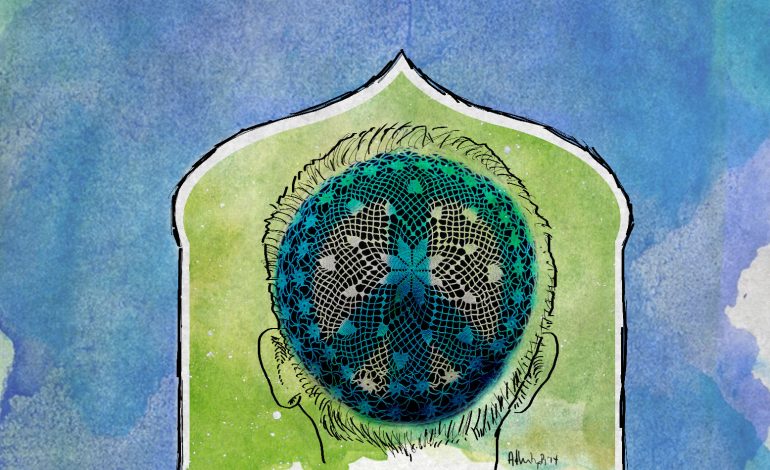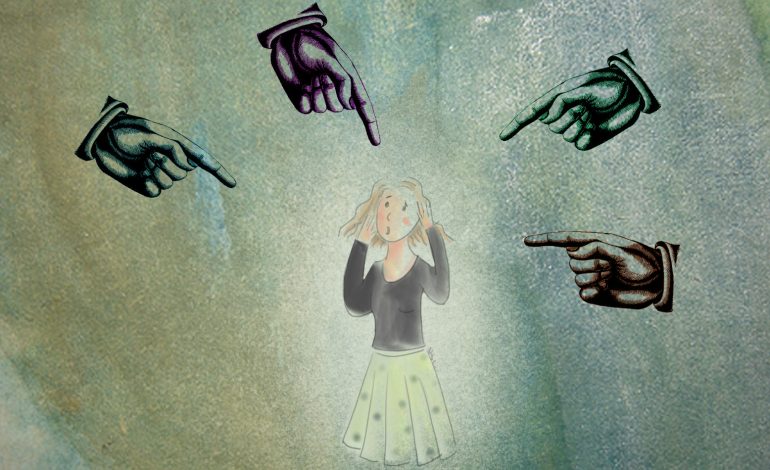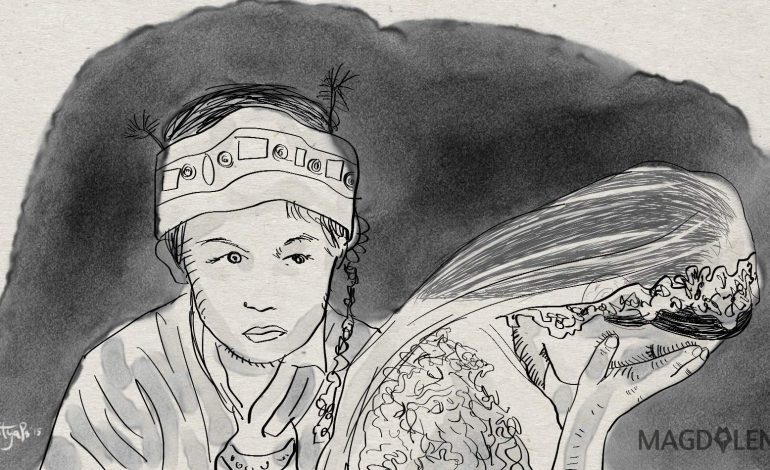Youths Key in Ending Violence against Women and Fighting Radicalism

Mataram, NTB – Youths can play an important role in ending social problems in their communities, from violence against women, child marriage to religious radicalization. This was the topic discussed in one of the sessions during a youth conference organized by Oxfam on Jan. 15 in Mataram, the provincial capital of West Nusa Tenggara. The province ranks fifth in Indonesia on the prevalence of violence against women and children and has seen an increase in the spread of Islamic radicalism.
“According to data released by the Indonesian Child Protection Commission (KPAI), cases of violence against children reached 23,000 from 2012 to 2016. This is not a small number,” said Ruby Kholifah, the representative of Asian Muslim Action Network (AMAN) in Indonesia.
Child marriage is a form of violence against children, said Ruby, who was also one of BBC’s 100 women in 2014, a program to select 100 influential women across the world. Data from the Statistics Indonesia and UNICEF show that 340,000 girls under 18 years old are married every year.
Another speaker, Atun Wardatun, the Vice Chancellor of State Islamic University (UIN) Mataram, stressed the role of family in ending the cycle of violence.
“If parents teach children by hitting them, it will be internalized by their children. When they are married and have kids, they will do the same thing that their parents did. If this cycle of violence occurs, the violence culture will continue to thrive,” said Atun.
When addressing the problem of radicalism, women should be involved as well, as they also play a part in the radical movement.
“In Indonesia, women who emigrate and then commit jihad usually go with their family. The Social Ministry found that women and children are among 78 percent of the people who were returned to Indonesia either from Syria, Turkey or Iraq. Often they went because they were coerced by their husbands,” said Ruby.
“Women were also promised that if they went for jihad, she would be equal to or perhaps even higher in status than men,” she said.
We need to look at how girls and young women are targeted in the process of radicalization, she said.
“They are currently experiencing tremendous confusion because of too much propaganda on social media,” Ruby said.

Their campaigns range from child marriage or pressuring young people to rush into marriages, to wearing veil to cover their faces. Though she did not equate wearing veils with radicalism, she argued that often it could be a gateway to joining hardline groups.
“There are movements that want to depict wearing veil as fashionable, sexy and cool, so girls want to be like that,” she said. This process of influencing the youth prime them for radicalization, even “prepping them to become martyrs,” she said.
The simplest way to start becoming agents of change is to start from ourselves and our immediate surrounding, suggested Ruby. Often violence occurs in front of our own eyes, whether physical, psychological or verbal, but we don’t realize it, so we don’t do anything about it.
“Young people should start from themselves to stop committing violence. We can start from home, and our communities,” she said.
Find out about the dark side of fashion industry and follow @bunnnicula on Twitter.






















